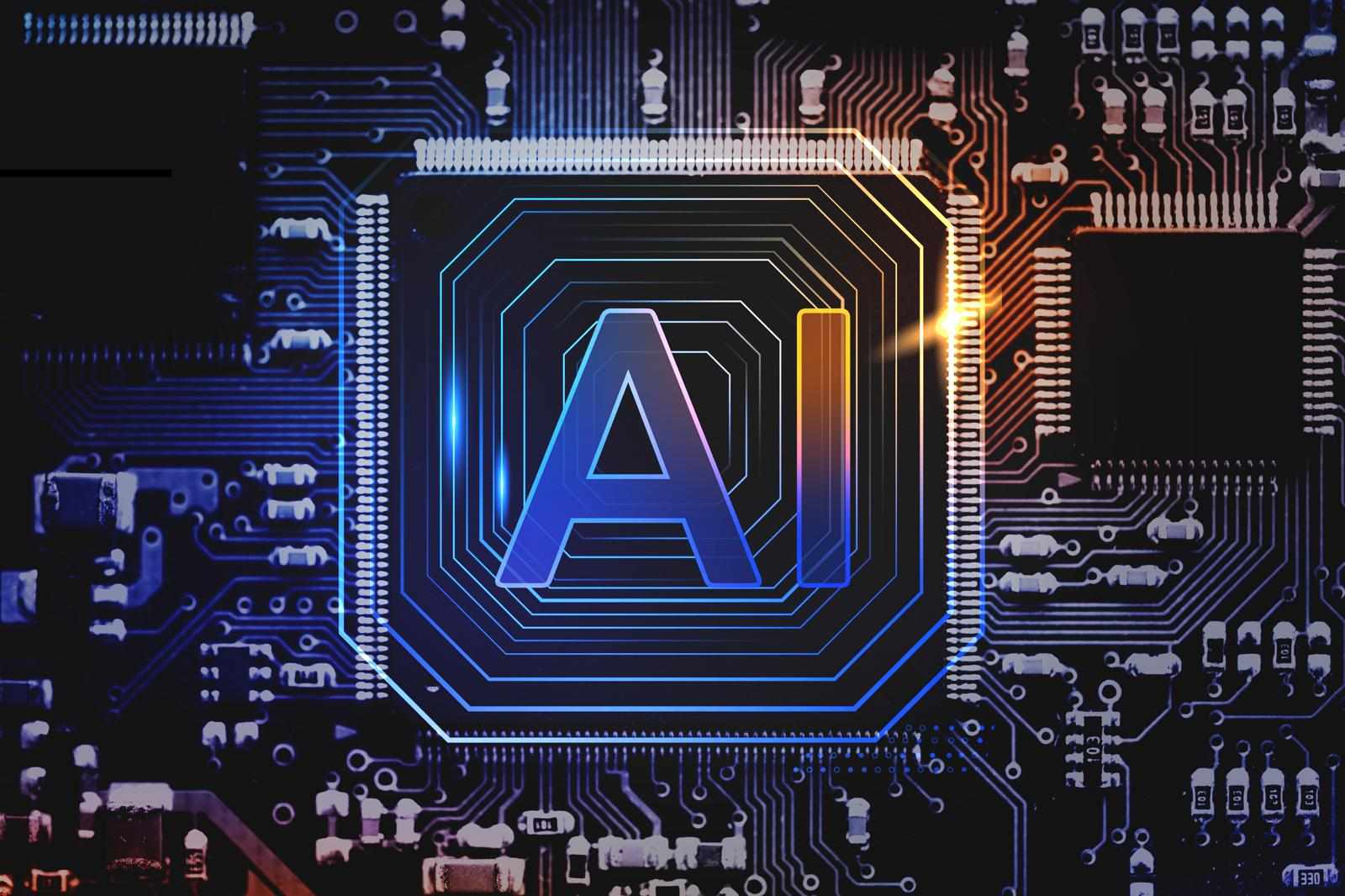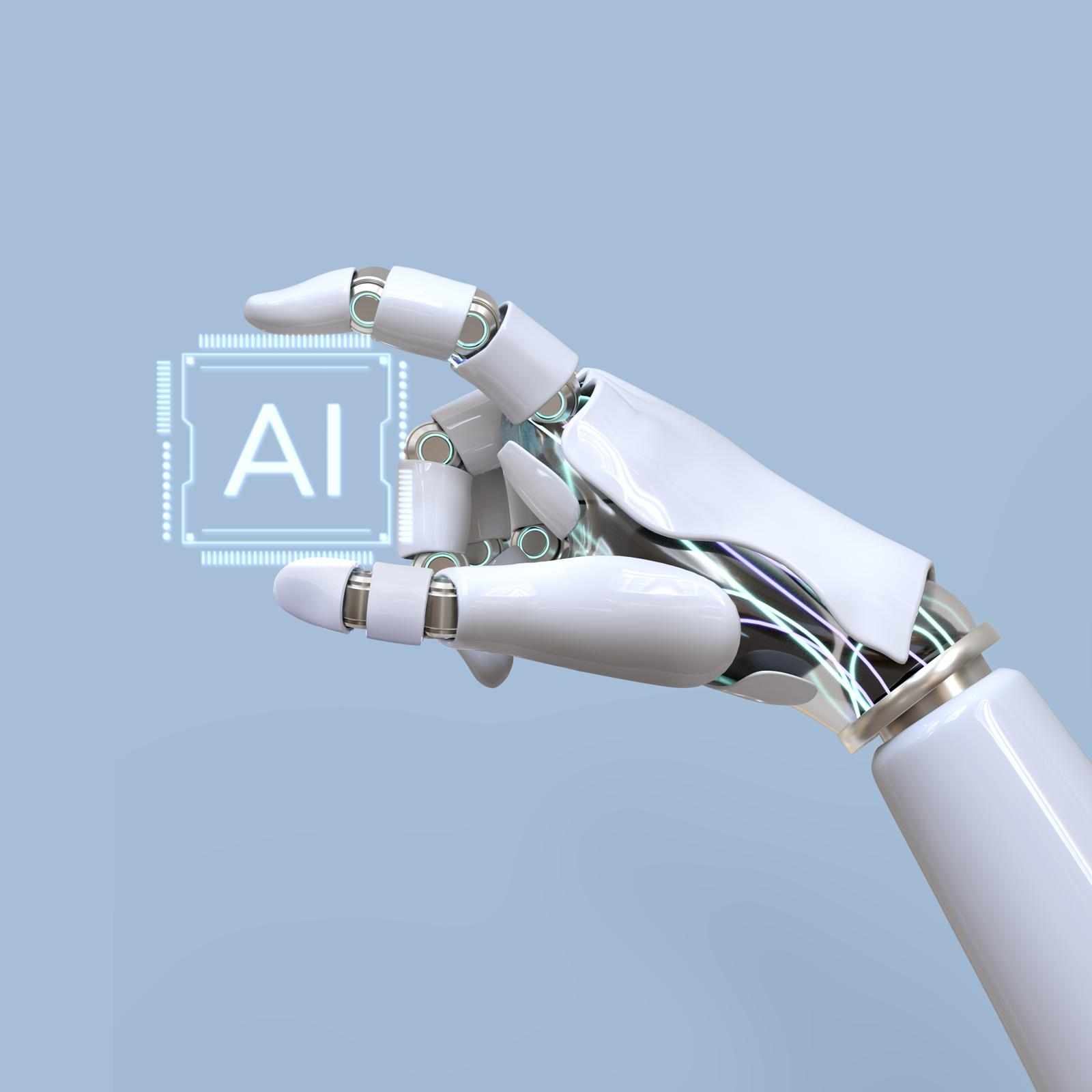
Artificial intelligence is playing a bigger role in mobile app development than ever before. It's changing the way users interact with apps, making them smarter and more personalised. When developers include AI features, apps become more advanced with capabilities like voice recognition, natural language understanding, image processing, and predictive analytics.
All of this leads to better user experiences. However, many developers face a common challenge: how to pick the right AI application development platform that can offer reliability and help apps grow successfully.
According to a recent study by Statista, the global AI market is expected to reach a value of $126 billion by 2025. This shows how fast AI is growing across various industries, including app development. Another study by Gartner revealed that 37% of businesses have already adopted AI in some form, highlighting its rising importance.
In this article, we’ll guide you through the steps of choosing the best AI application development platform for your project. We’ll cover important factors to consider, explore popular platforms, and explain how to make the right choice for your app’s success.
What is an AI Application Development Platform?
An AI application development platform is a set of tools, libraries, and software that helps developers easily add AI features to their apps. These platforms provide a structure for building AI models, using machine learning algorithms, and integrating smart functions directly into mobile applications.
Why AI Platforms Matter in App Development
AI platforms simplify the process of adding intelligent features to apps. They come with built-in modules, algorithms, and APIs for tasks like natural language processing, image recognition, and data prediction. These ready-to-use tools save developers time and allow them to focus on building great features rather than struggling with technical details.
Making AI Easier to Use
One of the main reasons AI platforms are so valuable is that they make complex AI tasks easier to implement. Many platforms include pre-trained models, data preprocessing tools, and optimisation features that reduce development time. Even developers who are not experts in AI can use these platforms to build powerful apps with advanced capabilities.
Understanding What Your App Needs
What Are the Basics for Building AI Features?
When you're planning to add AI to an app, a few key elements are essential:
Data: High-quality and relevant data is the foundation of any successful AI model. You need data that matches your app’s purpose. For example, a chatbot needs conversational data, while a photo-recognition app needs labelled images or videos.
Algorithms: These are the methods and formulas used to train and run AI models. The type of algorithm you choose depends on your app’s goals, like machine learning (deep learning, decision trees), natural language processing, or computer vision.
Computing Power: Many AI models, especially those using deep learning, need powerful hardware. Access to tools like GPUs or TPUs is often necessary. You can also use cloud-based services like AWS, Google Cloud, or Microsoft Azure to get the computing resources you need.
Why Defining Your App's AI Use Case Matters
Knowing exactly how you plan to use AI in your app is critical. Here's why:
Focused Features: Different platforms are better for different tasks. Some are great for natural language processing, others for image recognition or recommendation systems. Choosing the right one ensures your app performs at its best.
Faster Development: When you know what your app needs, you can pick a platform with pre-built models and tools to match. This reduces development time and gets your app to market faster.
Scalability: Some platforms are better suited for handling large amounts of data or real-time processing, while others are more efficient in environments with limited resources. Matching the platform to your app’s needs helps maintain performance and scalability.
Reviewing the Top AI Application Development Platforms
There are many platforms available, and each one has its strengths and weaknesses. Here are some of the most widely used options:
1. TensorFlow
What it offers: Developed by Google, it supports a wide range of AI models and works well across devices and platforms. It's known for deep learning and strong GPU support.
Pros: Scalable, powerful, and backed by a large community.
Cons: Has a steeper learning curve, especially for beginners, and may require higher computing power.
2. PyTorch
What it offers: Built by Facebook, it’s loved for its simple, flexible design and strong debugging features.
Pros: Easy to use, great for experiments and research, growing community.
Cons: May require more optimisation for deployment compared to TensorFlow.
3. Scikit-learn
What it offers: A user-friendly platform for traditional machine learning tasks like classification, regression, and clustering.
Pros: Great for smaller projects and quick testing; excellent documentation.
Cons: Doesn’t support deep learning as extensively as TensorFlow or PyTorch.
Additional Platforms to Explore
Keras: A beginner-friendly API running on TensorFlow, perfect for fast prototyping.
Caffe: Optimised for speed, especially in image-related tasks.
Microsoft Cognitive Toolkit (CNTK): Powerful and scalable for distributed training.
Theano: Although no longer actively maintained, still useful for certain deep learning tasks.
MXNet: Supports multiple languages and dynamic computation.
ONNX: A framework designed to allow models to move between different platforms.
Each of these can be a strong choice depending on the type of AI features you plan to include.
Framework Compatibility and Programming Languages
The programming language you choose affects which AI platform is right for your app. Here are a few commonly used ones:
Python: The most popular choice thanks to its simplicity and the number of libraries available (like TensorFlow and PyTorch).
R: Often used in data-heavy projects for statistical analysis.
Java: Common in enterprise development, with support through frameworks like Deeplearning4j.
C++: Great for high-speed and resource-efficient AI tasks.
Framework compatibility means the platform must work smoothly with the programming languages and environments your team is already using. This ensures easier integration and faster development.
Why Community Support and Documentation Matter
A good platform is backed by an active developer community and solid documentation. Here's why this matters:
Ongoing Improvements: Platforms that are constantly updated stay current with the latest tools and trends.
Help When You Need It: A strong community means more support through forums, tutorials, and shared code.
Faster Learning: Good documentation helps new developers learn and troubleshoot quickly.
Better Maintenance: Projects are easier to maintain and scale when the platform is well-documented and supported.
Performance and Scalability: What to Look For
When adding AI to your app, both speed and scalability are crucial:
Fast User Experience: Apps should respond quickly, especially when users rely on real-time AI features.
Handling Big Data: Your platform should process large volumes of data efficiently.
Growth-Ready: As your user base grows, the AI platform should scale smoothly without slowing down the app.
How Platforms Handle These Challenges:
Distributed Computing: Platforms like TensorFlow and PyTorch can divide tasks across multiple devices to speed up processing.
Model Optimisation: Techniques like model pruning and compression help improve performance on mobile devices.
GPU Acceleration: Using GPUs makes deep learning tasks much faster and more efficient.
Performance should always be tested using your app’s actual data and use case. This helps you choose a platform that meets your expectations.
Making the Right Decision
When deciding which top AI application development services are right for your project, keep these steps in mind:
Understand Your Goals: Know exactly what you want your app to do with AI.
List Your Needs: Decide what’s most important—speed, ease of use, community support, scalability, or language compatibility.
Compare Platforms: Check the pros and cons of each option based on real benchmarks.
Think About Resources: Choose a platform that fits your team’s skill set, budget, and timeline.
Test Before Committing: Try a small project or prototype before rolling out the full version.
Final Thoughts
Choosing the right AI platform is one of the most important decisions you'll make during mobile app development. It affects everything from how fast your app runs to how easily it scales as your user base grows. Taking the time to compare platforms, match them to your project’s goals, and evaluate their strengths will help you make a smart decision.
If you’re not sure where to start, working with experts can help. At Dev Story, we specialise in building apps powered by intelligent technology. We’ll guide you through the process of selecting and implementing the best AI application development platform tailored to your goals.
A well-chosen platform can help you unlock new features, improve user satisfaction, and stand out in a competitive market.



Write a comment ...